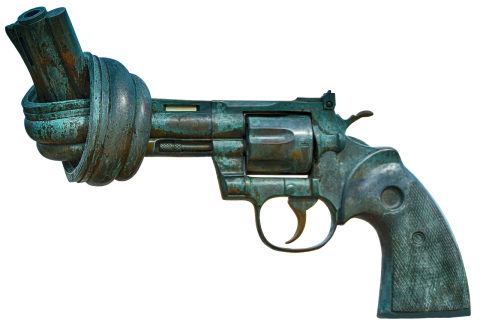
My toddler lay snuggled up in my lap yesterday for a post-church nap when my husband came in quietly. "Another shooting. In Texas, at a church. Twenty-six people dead," Josh whispered, horrified, shaking his head.
What could I say? "Jesus." The despair settled across my chest, tightening my breathing like third-trimester heartburn, but I couldn’t say much else. This keeps happening. Dozens of people, all the time. It will keep happening until we do something about the millions of guns accessible in this country. What else is there to say?
Josh went back to our other girls downstairs. I stroked Hattie’s hair while attempting to plan for the kids’ workshop I’d be leading back at church that night. Fifty-two kids from the community were gathering to learn about hunger, to paint soup bowls, to hear from local hunger ministries and assemble jars of dry soup ingredients to donate.




